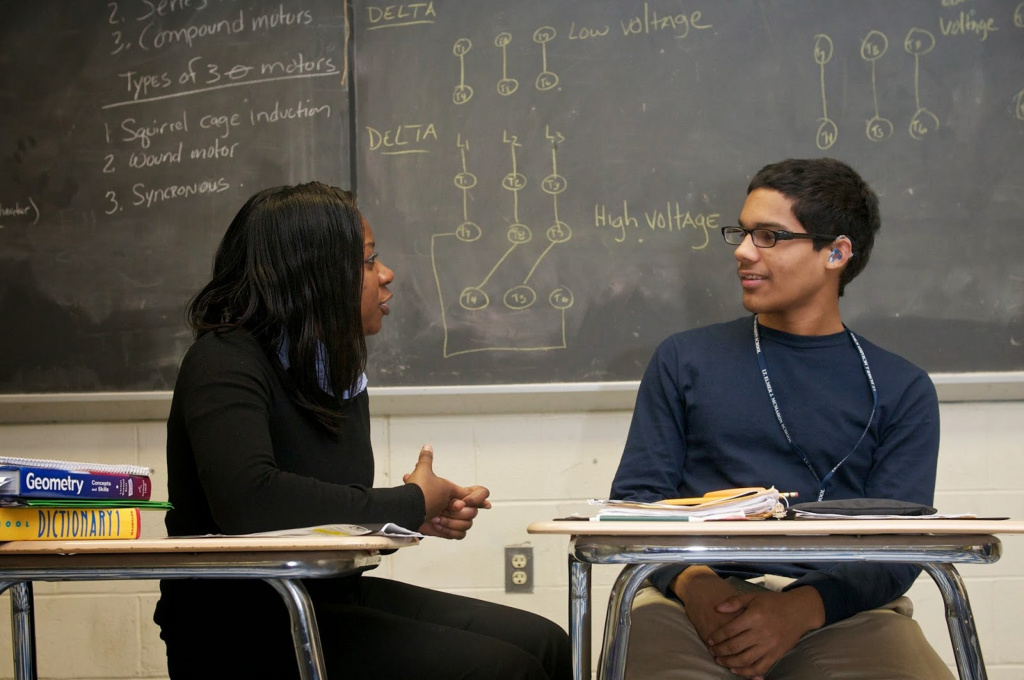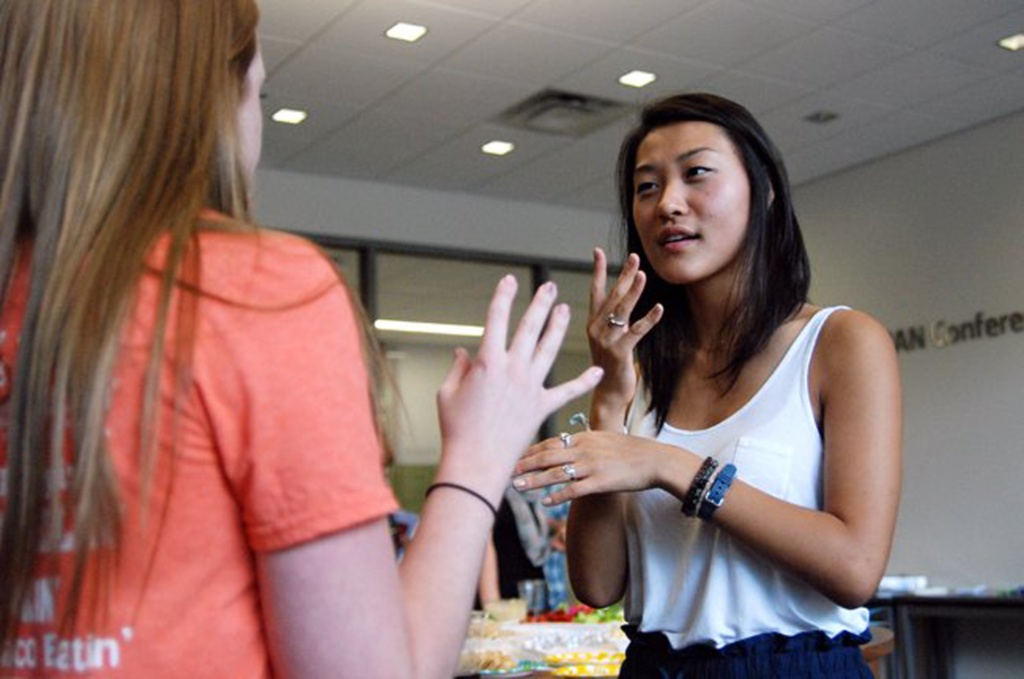
Neither deafness nor vision impairment is a learning disability. We have plenty of case studies of young people with sensory impairment achieving university degrees and qualifying in a range of different sectors when they have the right support in place, regardless of the severity of their impairment. Sadly, government data tells us that young people with sensory impairment lag well behind their peers in terms of attainment of A-levels or equivalent qualifications.
|
| % achieving 2 A-levels or equivalent Level 3 qualifications by age 19 | % achieving 5 GCSEs grade A-C (4-9) or equivalent by age 19 |
| No special educational needs | 65% | 91% |
| Deaf | 44% | 77% |
| Vision-impaired | 48% | 76% |
| Multi-sensory impairment | 29% | 57% |
Table showing proportion of young people achieving Level 3 and Level 2 by age 19 in England in 2016.
This article explores some of the key barriers that can hamper the progress of young people with SI in post-16 education. We have chosen these issues as they are perhaps less understood than the more obvious communication or mobility issues that may arise from not being able to hear or see as well as most of their peers.
Poor careers advice
Careers advice is often something that is not given much priority, particularly when funding is tight. However, Ofsted highlighted the lack of specialist careers advice for disabled students in further education as a key issue in their 2017 annual report. We have found that for young people with SI, it is patchy and is often not specialist enough. Many young people are making decisions about their future, not being aware that employers have a duty to make reasonable adjustments and that there is support available to disabled people in paid employment through the government’s Access to Work scheme.
Research on young deaf people in FE found that many were taking courses that appeared to be for little purpose except to allow them to remain occupied and to develop social maturity. There is evidence that students are repeating levels rather than progressing onto higher levels or moving into employment.
Impact of SI on learning
Many deaf and VI children experience delayed language development as a result of lack of exposure to a rich linguistic environment. This in turn can impact literacy and working memory. Maths and English can be particularly challenging and we see many students struggle to achieve GCSE or Functional Skills Level 2 standard by the age of 19. We believe it is crucial for students with sensory impairment to have access to support from specialists in post-16 education to enable them to overcome the barriers to learning they face.
